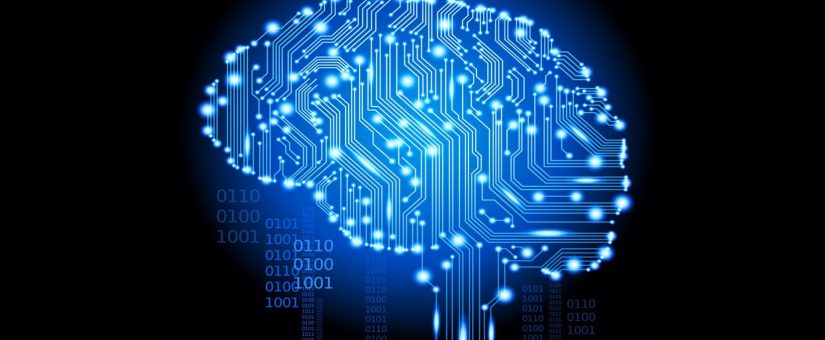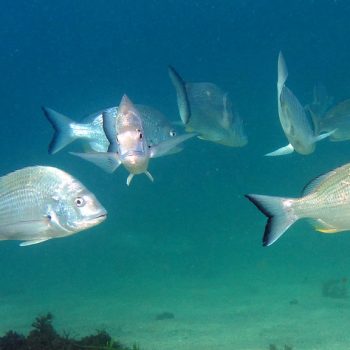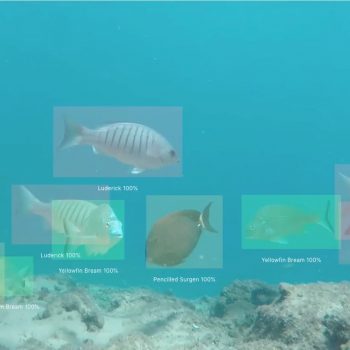
Data Science: The new language of ecologists
- Posted by Ellen Ditria
- On June 24, 2020
By PhD candidate Sebastian Lopez-Marcano
Read Time: 416 words about 3 minutes.
Data creates magic. In ecology, data is necessary to make targeted management decisions. New tools (i.e. deep learning / computer vision) are allowing data to be processed at vast rates which is making data more accessible and useful. However, converting raw data into meaningful insights for ecological research can be challenging.

Through the years, ecologists have become familiar with the languages and skills of data science; the field that understands and analyses data. These languages and skills encompass three strategic areas of data science:
Datasets – Understanding data sources, infrastructure and veracity.
Toolsets –Tools and applications for data wrangling, visualisation and communication.
Mindsets – Principles that support the idea that “Data science delivers value”.
As current ecological researchers are on the forefront of answering global questions that require understanding and the utilisation of large volumes of data (often termed “Big Data”), what are some of the specific data science skills that are helping ecologists tackle these questions?
- Data management: Data scientists are experts on how to store, reproduce and manage data. As ecologists start to use ‘Big Data’, data engineering, wrangling and management will become a crucial skill to learn.
- Data visualisation and communication: Data needs to be translated into a format that is easy to comprehend. “A picture is worth a thousand words.”
- Coding skills and etiquette: Writing clear and informative code. Learning to streamline code, create loops and use an arrange of functions are all great skills to obtain. Making code available to others is also good coding etiquette.
- Toolsets and Innovation: The function of data science is to deliver value and innovation for economic / cultural impact. In ecology, innovation has allowed researchers to better understand the natural world. Commitment to learning and “technology-pushing” in the field of ecology will improve the quality, value and reproducibility of research.
Ecology and data science encompass a diverse set of disciplines, and to collaborate with others, we need to learn beyond our domain of expertise. Becoming a generalized specialist is important as it can prepare scientific teams to engage with different people and increase the importance and impact of environmental research in our society.
Let’s embrace the mindset of data science and drive innovation in ecology.
About the Author:
Sebastian Lopez-Marcano is a PhD Candidate at the Australian Rivers Institute where he is developing and applying artificial intelligence tools to monitor the movement of fish populations in marine ecosystems. Follow him on Twitter @seabassphd to see him create his own data magic.




0 Comments